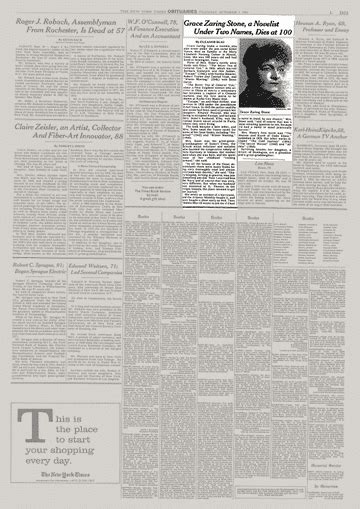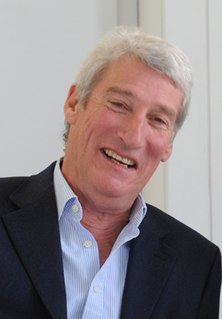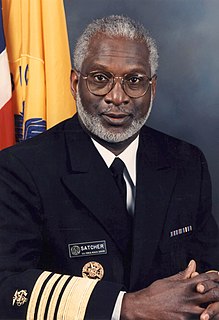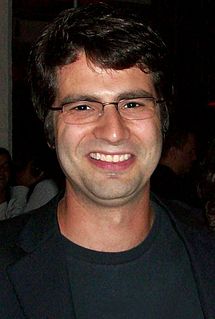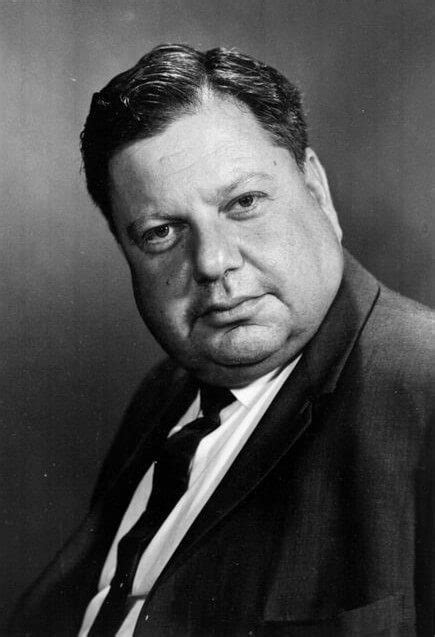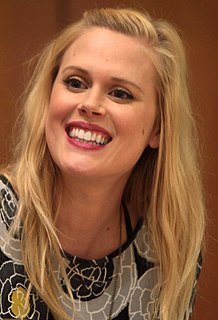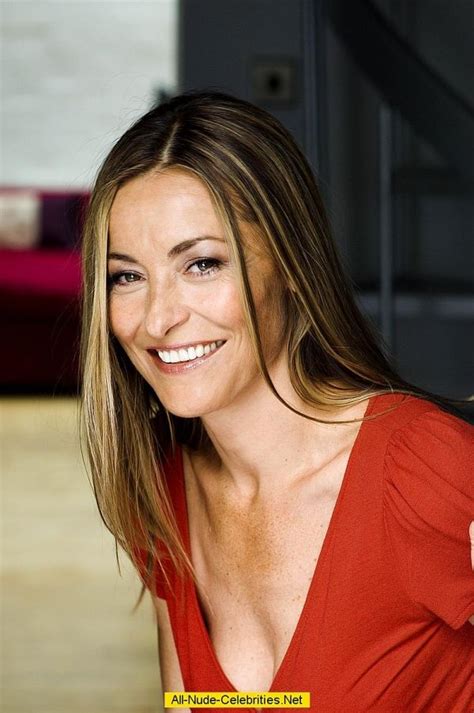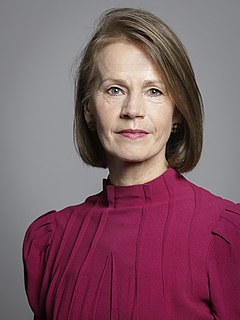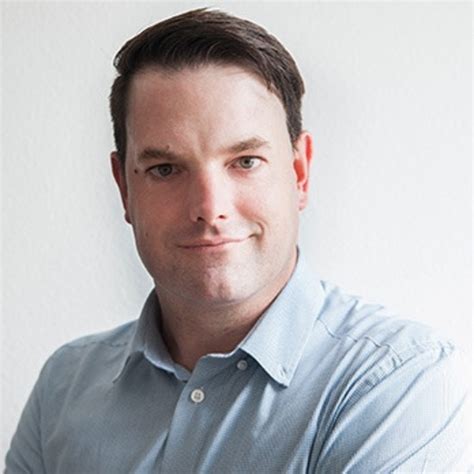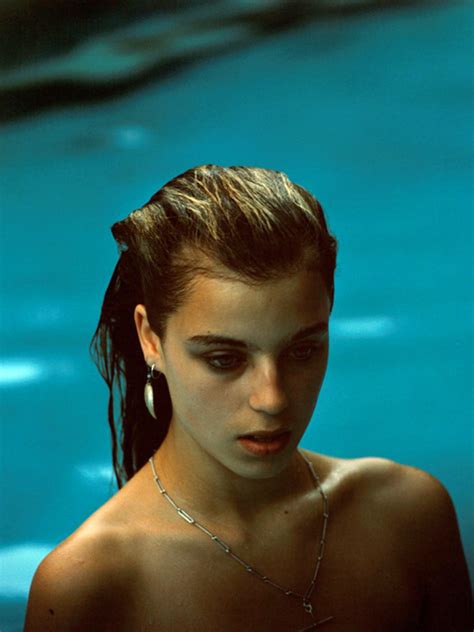Top 453 Adolescence Quotes & Sayings - Page 5
Explore popular Adolescence quotes.
Last updated on December 18, 2024.
I lived through the Fifties in the Midwest when everything that was happening - the repression of homosexuality, for instance, the demonization of the Left, the giggly, soporific ordinariness of adolescence, the stone-deafness to the social injustice all around us - seemed not only unobjectionable but also nonexistent.
The notion that the 'leader' has the right to ask huge sacrifices of your generation for a notional future paradise - if you'd be good enough to lie down under the wheels of the juggernaut - that sentimental and self-aggrandising rationalisation for brute force and cowardice I felt from adolescence was wrong.



